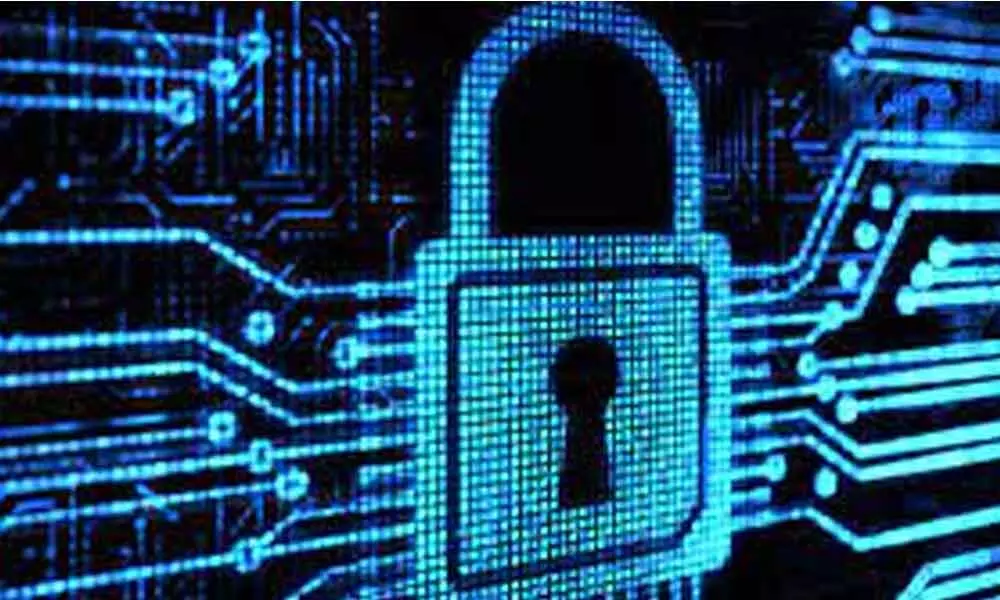5 golden rules to follow for making safe online payments
Avoid using public Wi-Fi, don’t save debit/credit card details, opt for multifactor authentication, be sure you choose a strong password and deal with trustworthy websites to avoid online fraud
image for illustrative purpose

India is one of the global leaders in real-time payments with 41 million transactions per day (as per a report by FIS Global). Online transactions indeed make lives easier and convenient but along comes the risk of fraud and unsafe transactions. Especially in the post-Covid era, rising cases of cyber frauds have become frequent due to the surge in online transactions. According to Microsoft 2021 Global Tech Support Scam, consumers in India encountered a rate of 69 per cent in the year 2020. Furthermore, there are multiple reports of people getting duped online creating hesitation for online transactions. Thankfully, there are several ways to be careful of the mode of transaction, at the same time use trusted, reliable platforms that ensure money never leaves their accounts without consent. Here are the top 5 ways to be vigilant and have safer online transactions.
1) Never compromise - only use a secure connection: Avoid using public Wi-Fi for making online payments. Hackers can easily break into a public Wi-Fi network and steal your credentials. When you are using a secured connection, the URL begins with HTTPS://. Use only a trusted website for making payments as it offers a high guarantee for online transactions.
2) Don't take shortcuts - avoid saving debit/credit card details: Even with security measures in place saving your card details will put you at risk so, to protect yourself from fraud don't save your bank and personal details in the browser. Erase all the details after making payment and take efforts to type all the information when you log in again next time and don't forget to log out.
3) Keep the control in your hand - opt for multifactor authentication: Look for multifactor authentication while making a payment. It creates an additional security layer to ensure that your transaction is safe.
4) Invest more time - do not have yourname@123 as your password: Invest good time in creating a password for financial apps, net banking websites used for making digital payments. Be sure you choose a strong password that does not comprise of your birthday/year or, anything that is easily decipherable. Alternatively, for using multiple accounts you can use a password manager. A dedicated password manager stores your passwords in an encrypted form, helps you generate secure random passwords. It increases operational efficiency and strengthens security. Additionally, develop a habit of changing your password periodically.
5) Avoid apps you can't trust - always check for security seal: Deal with trustworthy and reputed websites/apps only. If you are new to a website or an app, do some research, read reviews, terms, and conditions before downloading an app as some apps carry a lot of malware. Always download verified apps from the Play Store/ Apple store and never pay directly to a website unless you know about it.

